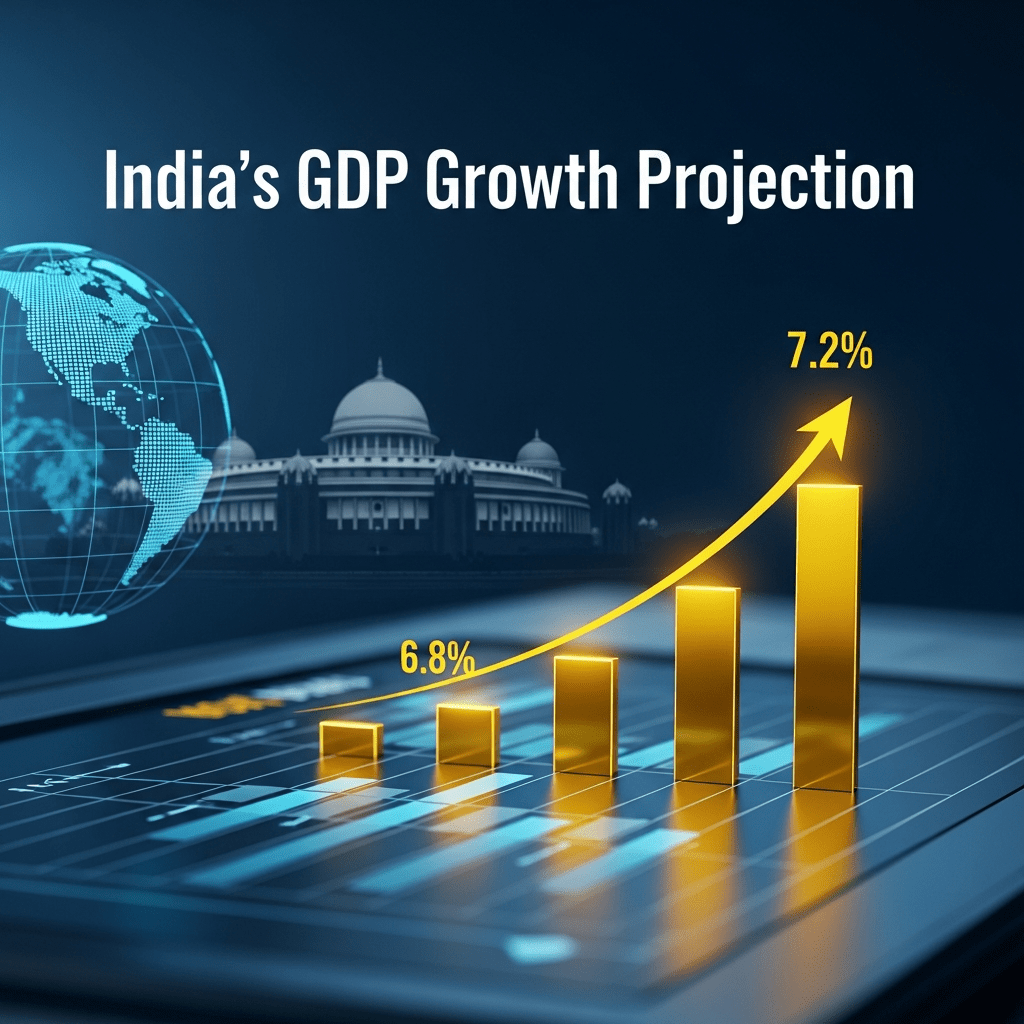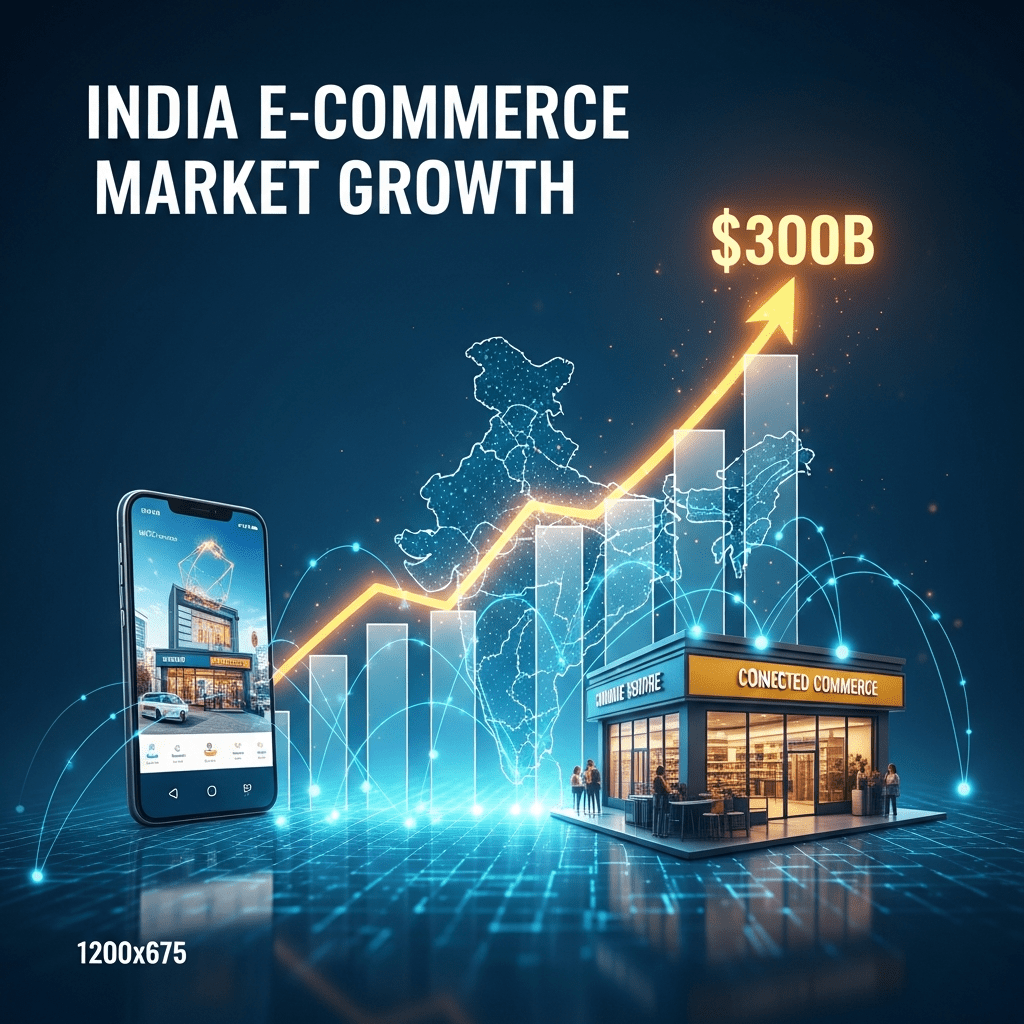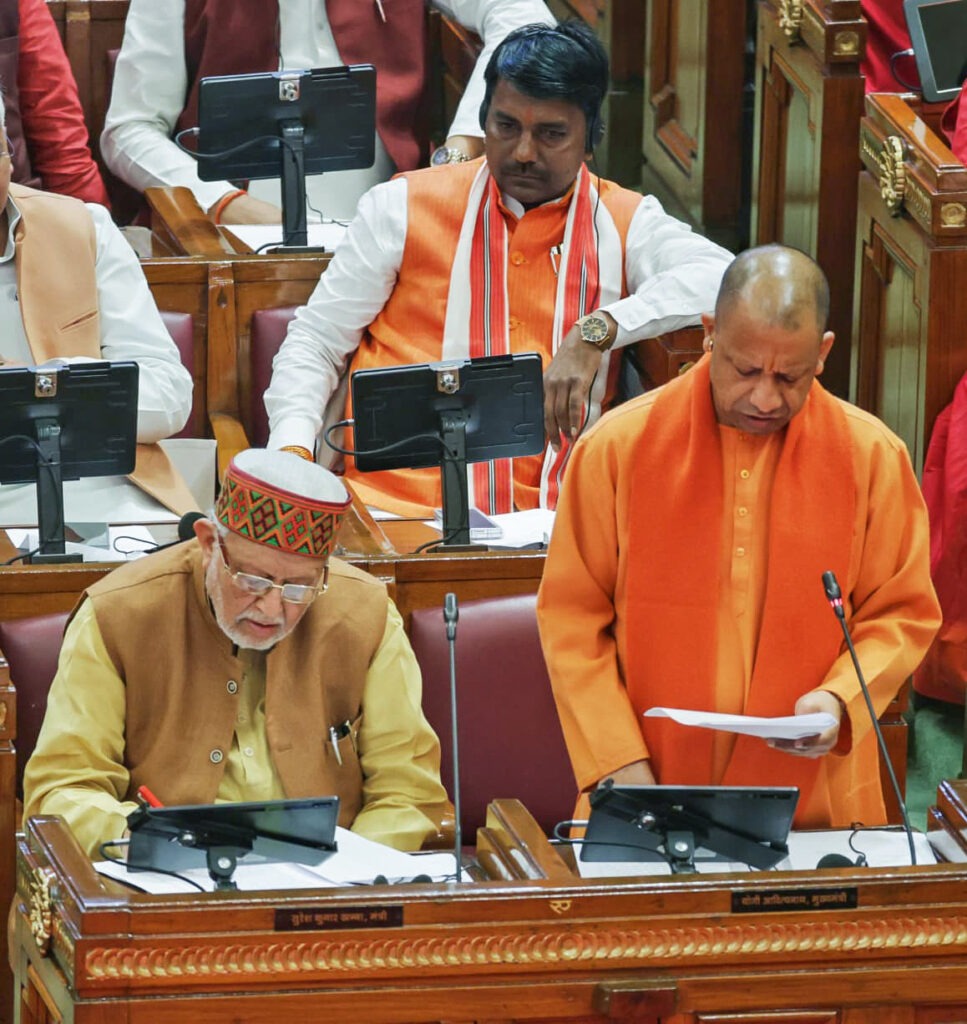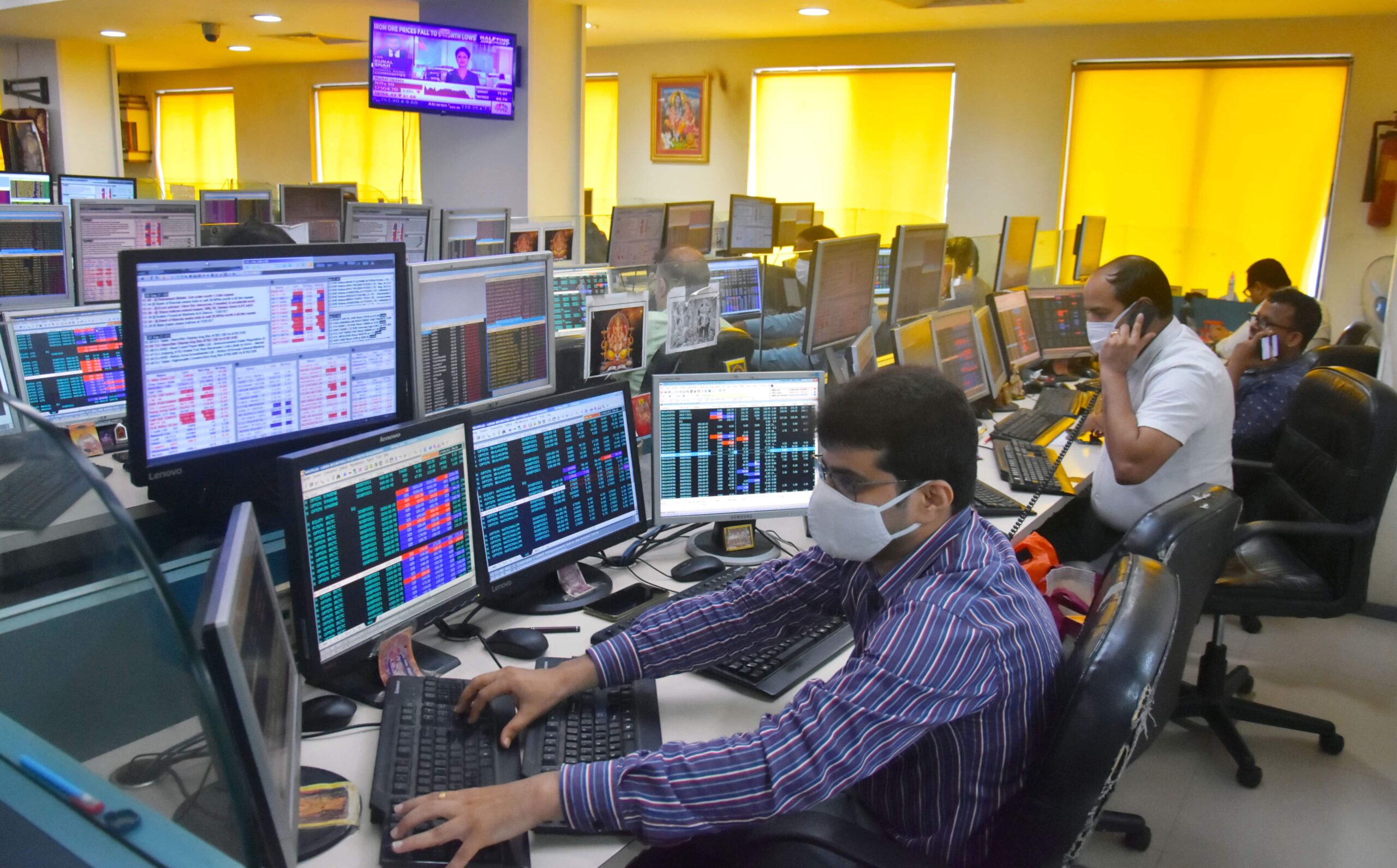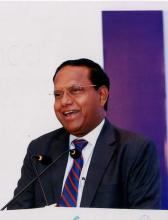Analysts at Ernst & Young (EY) highlight economic resilience, placing India's GDP growth projection at a high...
Business & Economy
The latest BCG report highlights a massive shift in consumer behavior, projecting that India's e-commerce market growth...
UPI adoption growth has reached a new milestone, officially surpassing cash as the preferred mode of transaction...
The Union Cabinet has sanctioned the Startup India Fund expansion, a ₹10,000 crore initiative designed to deepen...
AMFI data reveals a massive Gold ETF January surge, with investment value rising by 50 per cent...
Chief Minister Yogi Adityanath’s government outlines Uttar Pradesh 2026 budget priorities, highlighting a record ₹9.12 lakh crore...
Domestic institutional investors have overtaken FIIs in Nifty50 ownership. The shift reflects a deepening domestic capital base....
The Indian smartphone market saw a structural shift in 2025, with the budget 5G segment growing by...
Industry sentiment has improved following the Union Budget 2026–27 announcements, Businesses view the Budget as a signal...
India’s GDP forecast remains robust at 6.8 to 7.2 per cent. Secretary M. Nagaraju notes that India...


